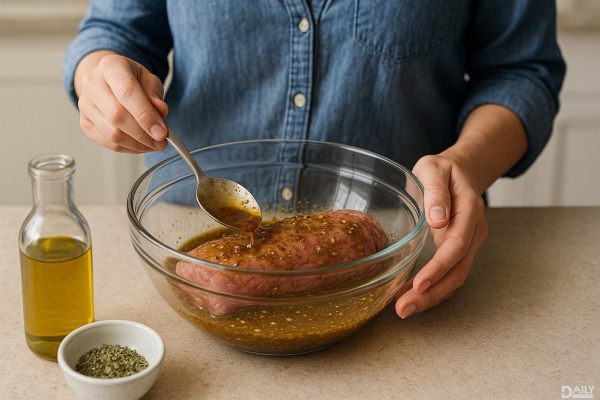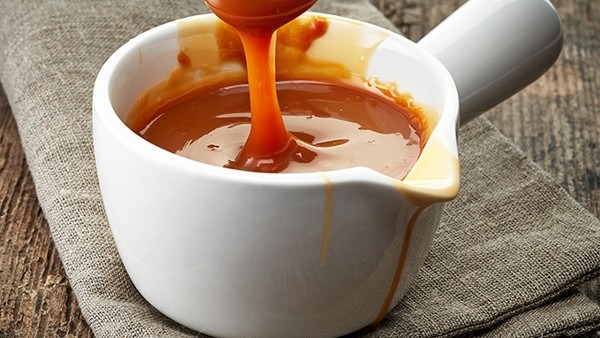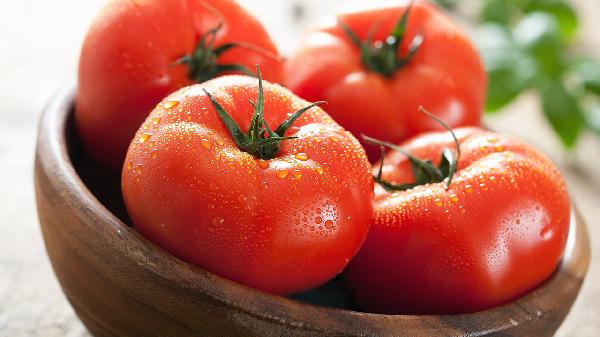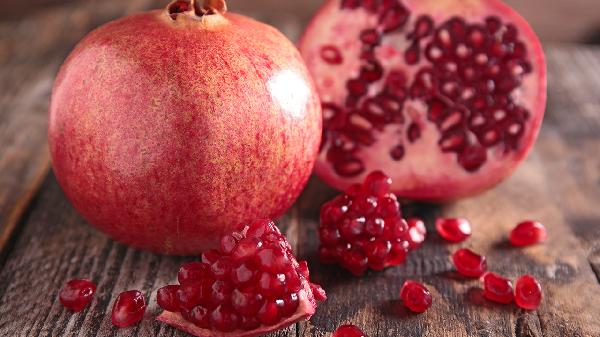Kosher dill pickles aren’t just a crunchy, tangy snack—they’re a gut health powerhouse. The fermentation process that gives these pickles their signature sour kick also packs them with probiotics, the friendly bacteria your digestive system craves. Unlike regular vinegar-brined pickles, kosher dills are naturally fermented, meaning they’re teeming with live cultures that support a balanced microbiome. So if you’re looking for a snack that’s equal parts delicious and functional, kosher dill pickles are your gut’s new best friend.
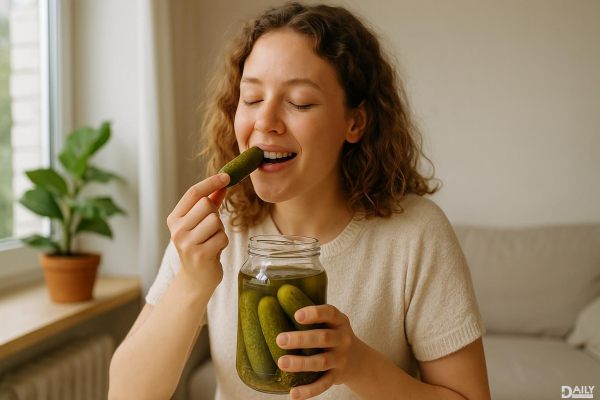
Fermentation isn’t just a fancy food trend—it’s one of the oldest preservation methods known to humans, and it happens to be a game-changer for gut health. When cucumbers soak in a saltwater brine (without vinegar), naturally occurring lactic acid bacteria kickstart fermentation, breaking down sugars and transforming them into lactic acid. This not only gives kosher dills their distinctive sour flavor but also creates an environment where probiotics thrive. These live microorganisms, like Lactobacillus, take up residence in your gut, helping to crowd out harmful bacteria, improve digestion, and even boost immunity. Research suggests that regularly consuming fermented foods can reduce bloating, enhance nutrient absorption, and even positively impact mood by influencing the gut-brain axis. So every time you crunch into a kosher dill, you’re not just satisfying a craving—you’re giving your gut a dose of microbial allies.
Not all pickles are created equal when it comes to gut health. Most supermarket pickles are quick-pickled in vinegar, which means they skip the fermentation process entirely. While they’re still low-cal and tasty, they lack the live probiotics that make kosher dills special. Authentic kosher dills rely on salt, water, garlic, and dill—no vinegar shortcuts—allowing natural fermentation to work its magic. The “kosher” label traditionally refers to the preparation style (think garlic-heavy and extra crunchy), not necessarily religious certification, though many brands adhere to both. For maximum probiotic benefits, check labels for terms like “naturally fermented,” “unpasteurized,” or “contains live cultures.” Shelf-stable pickles are often heat-pasteurized, which kills off the good bacteria, so refrigerated varieties are your best bet for gut-friendly snacking.
While gut health is the star of the show, kosher dills offer a surprising lineup of side benefits. Their high electrolyte content (thanks to the brine) makes them a sneaky hydrator, perfect for post-workout recovery or battling hangovers. The vinegar in some varieties may help stabilize blood sugar levels by slowing carbohydrate absorption—a win for anyone watching their glucose spikes. Plus, they’re a low-calorie, high-flavor way to curb cravings; the combination of salt and acidity can help shut down sugar urges fast. Some athletes even swear by pickle juice as a muscle cramp remedy, though the science is still out on whether it’s the electrolytes or the placebo effect. Either way, these humble pickles punch way above their weight in the nutrition department.
If you’re ready to turn your love of pickles into a gut-health strategy, there are endless ways to get creative. Chop them into tuna or chicken salad for a probiotic twist on lunch classics, or layer them into sandwiches for a crunch that cuts through richness. Blend the brine into salad dressings or marinades to add tangy depth (and a dose of good bacteria) to your cooking. For a next-level snack, wrap pickles in turkey slices with cream cheese, or skewer them with olives and cheese for a gut-healthy charcuterie twist. Just remember: moderation matters. While kosher dills are a health win, their high sodium content means they’re best enjoyed as part of a balanced diet—unless you’re into the whole “retaining water like a camel” aesthetic.
At the end of the day, kosher dill pickles are that rare unicorn: a snack that’s delicious, nostalgic, and legitimately good for you. Whether you’re grabbing one straight from the jar or using them to jazz up meals, your gut will thank you for the probiotic boost. So next time someone questions your pickle obsession, just tell them you’re doing it for science—then crunch away with zero guilt.



